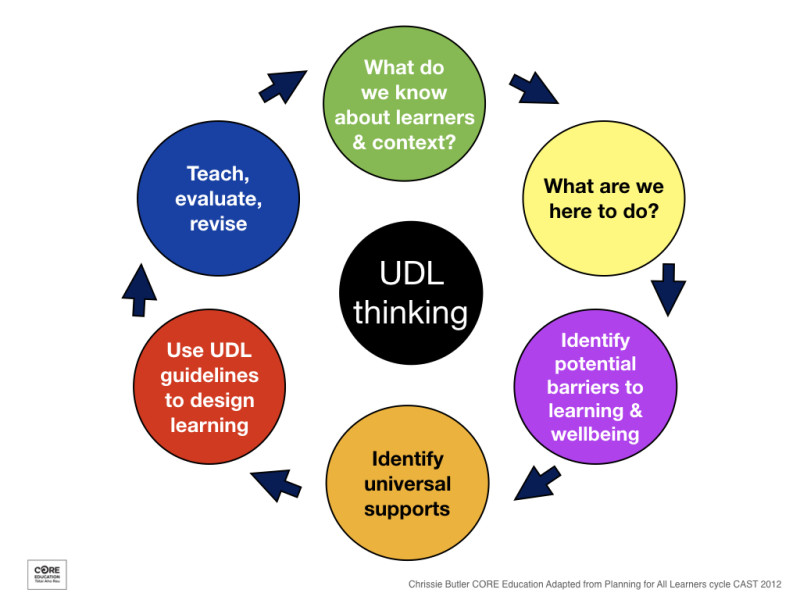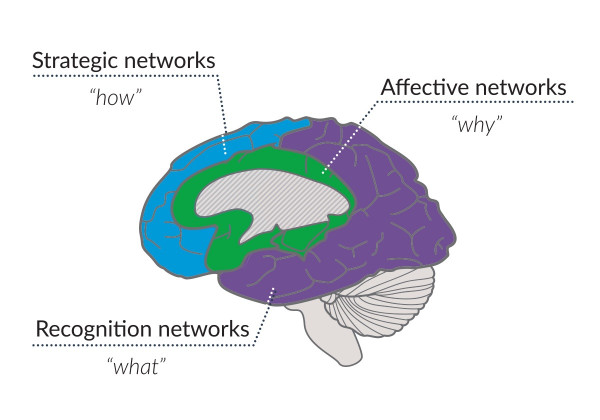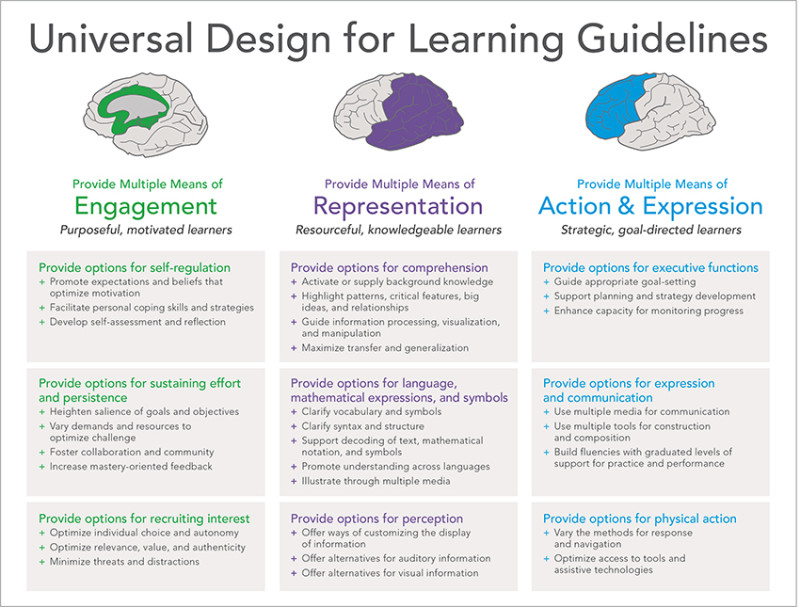What is Universal Design for Learning (UDL)?

"Variability is the dominant feature of the nervous system. Like fingerprints, no two brains are alike”. CAST (2018). UDL and the learning brain. Wakefield, MA: Author. Retrieved from http://www.cast.org/our-work/publications/2018/udl-learning-brain-neuroscience.html

The Center for Applied Special Technology (CAST), based near Boston, U.S.A., has been researching and developing UDL since 1984. CAST calls UDL 'a framework to improve and optimize teaching and learning for all people based on scientific insights into how humans learn.' You will find a huge amount of resources for all levels of teaching, including tertiary, on their website.

In New Zealand, CORE Education have done a lot of work on UDL, including an excellent introduction to UDL, podcasts and videos on applying UDL in Aotearoa.

The New Zealand Ministry of Education UDL information is focused on primary and secondary teaching, but its website has a very useful introduction to 'UDL and its value in an Aotearoa New Zealand context', as well as other UDL materials, and reflection questions.
Another very useful UDL information portal is the Canadian all UDL. Its resources are licensed under a Creative Commons Attribution-NonCommercial-ShareAlike 4.0 International License.

Source: CAST 2011 and all UDL.
Other resources
Much UDL work is shared under Creative Commons licencing, making it available to all educators.
- Free learning tools from CAST
- WebAim web accessibility resources. Includes tools and tips to create resources; simulators and assessment tools
- Higher education institutions outside the USA using UDL
Videos
- Shelley Moore: "Transforming Inclusive Education" - or why a good educator is like a good bowler. 3’08”
- "Innovation at the Margins." - Helping students at the margins leads to innovation for all. 1'07"
- "Equal Access: Universal Design of Instruction." From the University of Washington's DO-IT (Disabilities, Opportunities, Internetworking, and Technology) Center - strategies for making instruction in a classroom or in a tutoring center accessible to all students. 13'08"
- "Captions: Improving access to Postsecondary Education." From the University of Washington's DO-IT. 7'42"